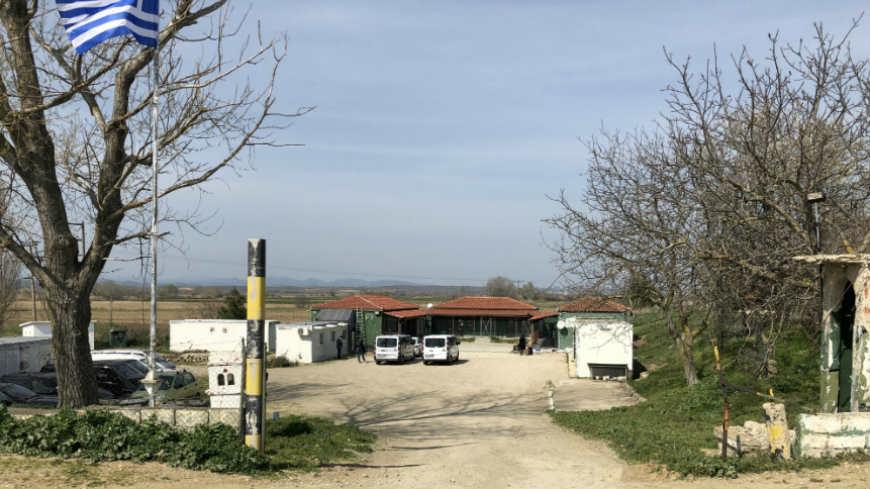From 13 to 17 March 2020, the Council of Europe’s European Committee for the Prevention of Torture (CPT) conducted a five-day rapid reaction visit to Greece to examine the treatment of migrants in police and border guard establishments in the Evros region at the border with Turkey. It also visited certain quasi-official places of detention and examined allegations of push backs across the Evros River by certain Greek forces. CPT also visited police establishments on Samos island and Immigration detention facilities in the Attica region. The visit took place when inter alia the processing of asylum requests was suspended in Greece.
On 17 March 2020, the CPT published a report on its sixth periodic visit to Hungary. The purpose of the visit was to examine the situation of persons in police custody, prisoners serving long sentences and persons placed in social care homes. CPT’s delegation also held consultations with the Hungarian authorities on immigration issues as a follow-up to the ad hoc visit carried out by the CPT in 2017. In the report, CPT found that nothing had been done since the CPT’s 2017 ad hoc visit to put in place effective safeguards to prevent ill-treatment of persons returned by Hungarian police officers through the border fence towards Serbia. It was also clear from the information provided by the Hungarian authorities during the 2018 visit that there are still no legal remedies capable of offering such persons effective protection against their forced removal and/or refoulement, including chain refoulement. In their response, the Hungarian authorities provide information on the measures taken to implement the CPT recommendations.
On 24 March 2020, the CPT published a report on its ad hoc visit to France (French only). The main objective of the visit was to examine the treatment and conditions of detention of persons deprived of their liberty under immigration and asylum law. In the report, CPT reiterated its call of the importance of a systematic medical examination on arrival to the place of accommodation. CPT recalled that this examination, in particular to detect without delay diseases or disorders requiring urgent care (such as communicable diseases or addictions), to identify persons at risk of suicide or self-harm, and provide any necessary medical care and psychological support in a timely manner; moreover, this examination could make it possible to identify, with a view to their care, victims of torture or other forms of ill-treatment suffered in their country of origin or during their journey. CPT recommended that all persons placed in detention or held in the waiting area should systematically receive a medical examination on the day (or at the latest the following day) of their arrival. In their response (French only), the French authorities provide information on the measures taken to implement the recommendations made in the CPT’s report.



